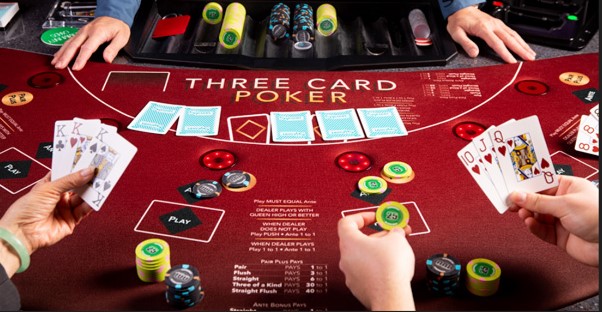Casinos have long been synonymous with glamour, excitement, and the promise of wealth. From the glittering lights of Las Vegas to the opulent Slot Dana Hari Ini of Monte Carlo, these establishments have captivated the imaginations of people worldwide. Yet, behind the glitz and glamor lies a complex world of psychology, economics, and social debate.
The Allure of Casinos
At the heart of the casino experience is the thrill of chance. Whether it’s the spin of a roulette wheel, the flip of a card, or the roll of the dice, the uncertainty of the outcome is what keeps players coming back for more. Casinos capitalize on this excitement by creating an atmosphere designed to stimulate the senses, with flashing lights, ringing bells, and the constant hum of activity.
Moreover, casinos offer more than just gambling. Many feature world-class entertainment, fine dining, and luxurious accommodations, creating a comprehensive entertainment experience for patrons. From high-stakes poker tournaments to star-studded performances, there’s something for everyone in the world of casinos.
The Economics of Gambling
Behind the scenes, casinos are big business. The gambling industry generates billions of dollars in revenue each year, making it a significant contributor to the global economy. In addition to the direct revenue generated from gambling activities, casinos create jobs, stimulate tourism, and contribute to local economies through taxes and other fees.
However, the economic impact of casinos is not without controversy. Critics argue that the social costs associated with gambling addiction, crime, and other negative externalities outweigh the economic benefits. Moreover, there are concerns about the disproportionate impact of gambling on vulnerable populations, such as low-income individuals and communities.


